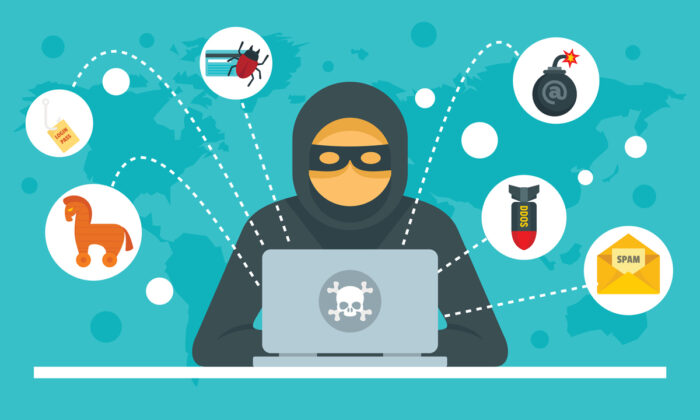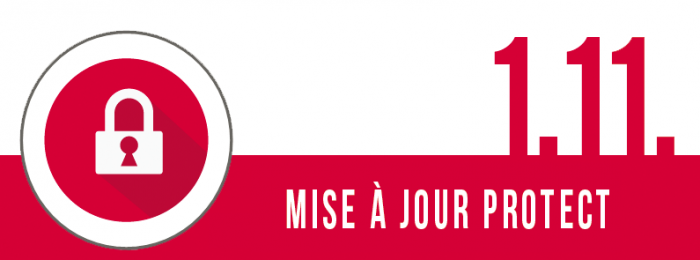Cybersecurity is a prerequisite for digital sovereignty at a time when cyberattacks are increasing in number and sophistication. Information systems are increasingly complex, with public/private interconnections and often permeable borders. At the same time, the volume of email exchanges is constantly growing, providing a multitude of entry points for cyber threats.
When it comes to data protection, cybersecurity and sovereignty are indissociable. Here is why.
Digital sovereignty, a first step towards data protection

According to the article “Digital Sovereignty: European initiatives”, sovereignty aims to better protect European organizations’ and citizens’ data. When a partner claims to be sovereign, one expects that he will only use the data for the specified purposes, and that he will not disclose them. This guarantee is obviously ensured by the control, storage, and processing put in place, the respect of regulations, and the technological solutions used (sovereign hosting, open-source software…)
The threat of cyber-attacks or data disclosure can be reduced by using a European service provider.
Cybersecurity: protection against external threats
By definition, cybersecurity is a set of measures aimed at ensuring the security of computer systems and data from malicious acts. Cyberattacks have a serious impact on companies. Consequently, they must be able to deal with such an event and implement IS security measures.
This includes deploying of protection software (antivirus, for example), system update plans (patches) and authentication systems, as well as training employees on good cybersecurity practices.
Many companies are unaware that they have sensitive data, or think that an attack only happens to others. Unfortunately, the number of cyberattacks is constantly increasing, and the techniques used by cybercriminals are becoming more and more sophisticated. The consequences can be dramatic. For example, as a victim of a ransomware attack, the Corbeil-Essonnes hospital in the south of Paris had some sensitive data (computerised patient file, personal data, etc.) disclosed on the Internet following its refusal to pay a ransom.
No sovereignty without cybersecurity

Digital sovereignty alone isn’t enough to protect data without also protecting it against cyberattacks.
Certainly, digital sovereignty makes it possible to better control one’s data. However, if a software environment is too open or exposed, certain vulnerabilities will persist. It is not possible to separate sovereignty from cybersecurity. It is essential to promote good security habits within companies and to build a European cyber offer that is a real alternative to the solutions of American majors.
While they wait for a system like this to be put in place, companies should use cybersecurity solutions, such as antivirus software, back-up plans, experts who can help them, and follow the advice of reference organisations like the ANSSI in France and rely on as much as possible on solutions from local business experts working on open-source solutions.


